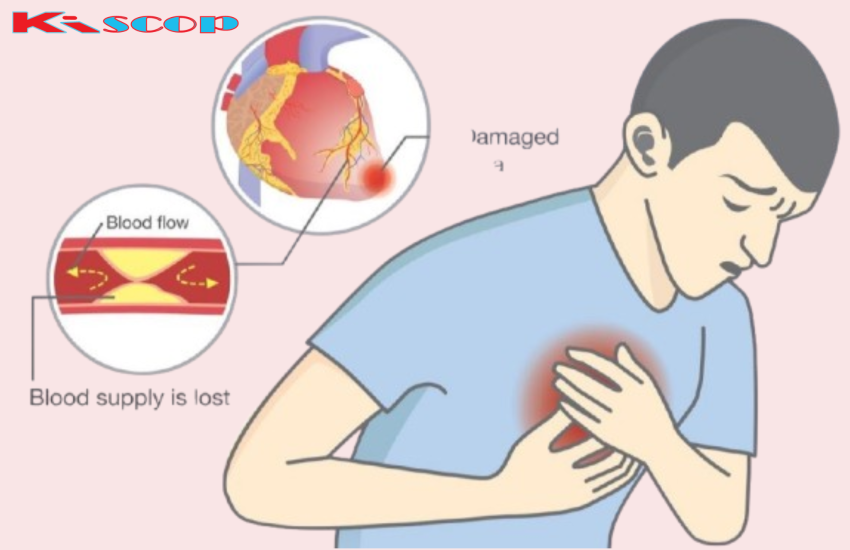8 Signs That Your Body Is Crying Out For Help
When your body is in distress, it often sends out warning signals to alert you that something is wrong. Recognizing these signs early can help you address potential health issues before they become serious. Here are eight signs that your body may be crying out for help:
1. Persistent Fatigue
- What It Means: Constant tiredness that doesn’t improve with rest could indicate underlying health issues such as anemia, thyroid problems, chronic fatigue syndrome, or sleep disorders.
- What to Do: If you’re feeling fatigued for no apparent reason, consult a healthcare provider for a thorough evaluation. Blood tests, sleep studies, and other diagnostic tools can help identify the root cause.
2. Frequent Headaches
- What It Means: Regular headaches can be a sign of dehydration, stress, eye strain, or more serious conditions like migraines or high blood pressure.
- What to Do: Keep a headache diary to track triggers and patterns, and seek medical advice if headaches become more frequent, severe, or are accompanied by other symptoms like visual disturbances or dizziness.
3. Sudden Weight Changes
- What It Means: Unexplained weight gain or loss can be a sign of thyroid issues, diabetes, depression, or gastrointestinal problems.
- What to Do: Monitor your weight regularly and pay attention to any significant changes. Consult a doctor if you experience unexplained weight fluctuations to rule out underlying conditions.
4. Persistent Cough or Hoarseness
- What It Means: A cough or hoarseness that lasts more than a few weeks may indicate respiratory infections, acid reflux, or even more serious conditions like lung disease or throat cancer.
- What to Do: If a cough or hoarseness persists for more than three weeks, seek medical attention to determine the cause and receive appropriate treatment.
5. Changes in Skin Appearance
- What It Means: Sudden changes in skin color, texture, or the appearance of moles can be early signs of skin conditions, allergies, or even skin cancer.
- What to Do: Regularly check your skin for any changes, and consult a dermatologist if you notice new growths, changes in moles, or persistent rashes.
6. Shortness of Breath
- What It Means: Difficulty breathing can be a sign of heart or lung conditions, including asthma, chronic obstructive pulmonary disease (COPD), or even heart failure.
- What to Do: If you experience unexplained shortness of breath, especially if it’s sudden or severe, seek medical attention immediately.
7. Digestive Issues
- What It Means: Persistent bloating, constipation, diarrhea, or stomach pain can indicate gastrointestinal disorders, food intolerances, or infections.
- What to Do: Keep track of your symptoms and diet, and consult a healthcare provider if digestive issues persist. Early intervention can help manage or prevent more serious conditions.
8. Mood Swings or Depression
- What It Means: Sudden changes in mood, irritability, or prolonged feelings of sadness can be signs of mental health disorders, hormonal imbalances, or chronic stress.
- What to Do: Don’t ignore persistent changes in mood or mental well-being. Reach out to a healthcare professional or mental health counselor to discuss your symptoms and explore treatment options.
Conclusion
Your body often gives you signals when something is wrong, and it’s important to listen to these signs. Persistent fatigue, frequent headaches, unexplained weight changes, and other symptoms should not be ignored. Early detection and treatment can prevent minor issues from becoming major health concerns. If you’re experiencing any of these warning signs, make an appointment with your healthcare provider to discuss your symptoms and develop a plan for maintaining your health.



